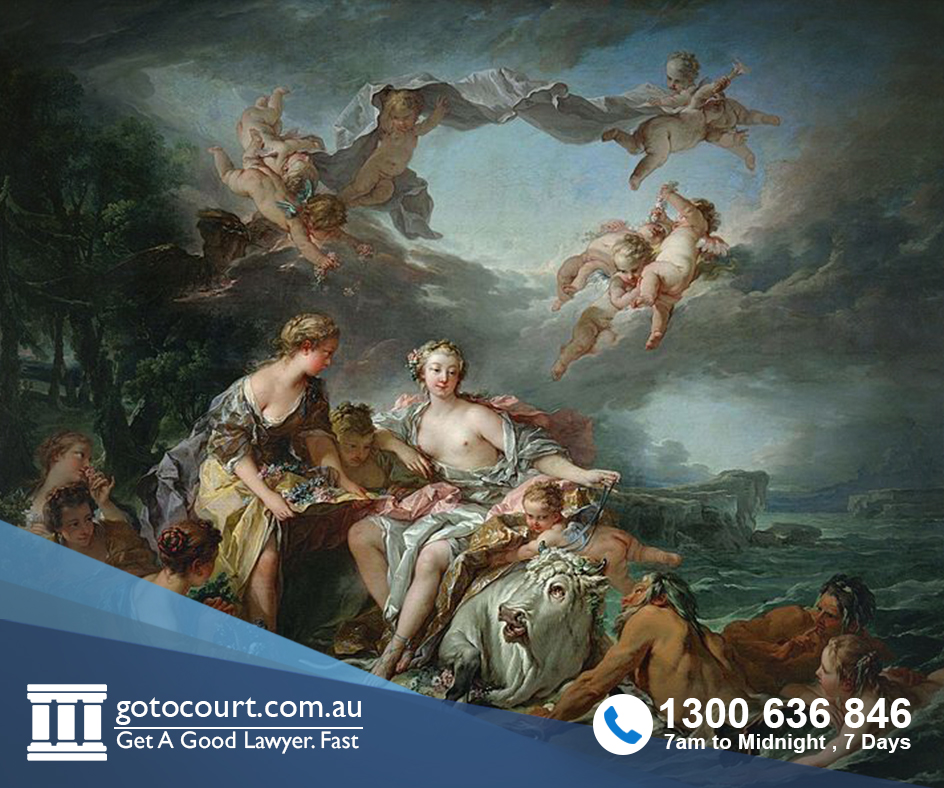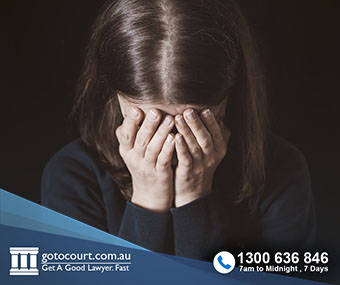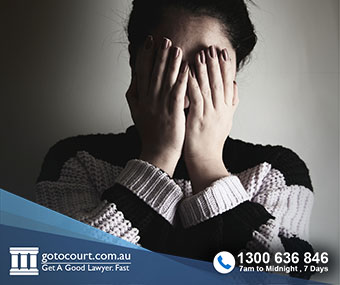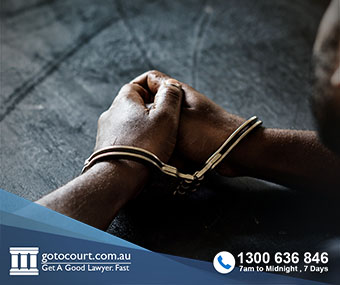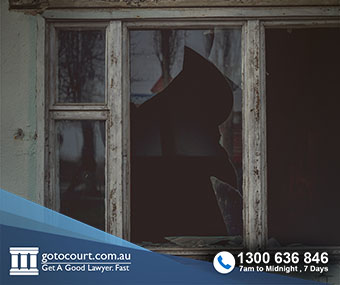Call our lawyers
now
or,
have our lawyers
call you
Infanticide (Vic)
Updated on Jan 09, 2023 • 6 min read • 324 views • Copy Link
Infanticide (Vic)
The term ‘infanticide’ in common usage describes the killing of a child. In criminal law, infanticide serves both as a charge and an alternative-verdict to murder where the mother kills her infant. Victoria is one of three Australian states that continue to recognise the offence of infanticide, a category of offending that has origins in 17th century England.
Historical context
Historically, the killing of newly born children (neonaticide) was often done in a desperate attempt to avoid the social and economic consequences of having a child. Women were often unable to shoulder the burden of another mouth to feed or were subject to stigma because the child was “illegitimate”.
The United Kingdom formally introduced the offence of infanticide in 1922. The offence provided that women who would otherwise be sentenced to death for murder would be afforded leniency and were instead liable to the penalties associated with manslaughter. The legislation initially provided that infanticide was only available to mothers whose children were ‘newly born’ but was subsequently extended to include children up to the age of 12 months. At the time, the clinical model used to support the amended offence was the purported effects of lactation (breastfeeding), which was believed contribute to the disturbance of the mind in a similar way to giving birth.
Infanticide in Victoria
In Victoria, infanticide is provided for by Section 6(1) of the Crimes Act 1958. The offence is established when the following is proven beyond a reasonable doubt:
- The accused was the natural mother of the deceased child;
- The accused carried out conduct that caused the death of the child;
- The child was under the age of 2 years;
- At the time of the conduct the accused’s balance of mind was disturbed by the effect of giving birth or a disorder consequent on her giving birth to the child.
In Victoria, a woman may be charged with infanticide, or the offence can serve as an alternative verdict to murder. Where the evidence supports a finding of both murder and infanticide, the Victorian legislation directs that the accused is guilty of infanticide only.
Where the Prosecution brings a charge of infanticide against an accused, it bears the onus of proving the elements beyond a reasonable doubt. The Victorian legislation does not explicitly clarify whether there is a shift in the onus if the defence is seeking to establish that the offending constituted infanticide and not murder. However, common law (court-made law) indicates that where the defence argues that an accused should be found guilty of infanticide rather than murder, the defence must establish the elements on the balance of probabilities.
The offence in Victoria carries a maximum penalty of 5 years imprisonment. Reported cases however demonstrate that a custodial penalty is rarely imposed for infanticide, and the courts are more likely to opt for less severe dispositions such as a Community Corrections Order.
Infanticide in other Australian Jurisdictions
The two other states that have retained infanticide provisions are New South Wales and Tasmania. Both states have similar requirements for establishing this offence:
- That a mother caused her own child’s death (aged less than 12 months);
- The act or omission causing the death was wilful (intentional or reckless); and
- The mother’s mental balance was disturbed by the effect of child birth (NSW and Tasmania) or lactation after childbirth (NSW only).
When a woman is found guilty of infanticide in the state of NSW, she is liable to the same punishment as manslaughter, being a maximum of 25 years imprisonment. In Tasmania, the maximum penalty is 21 years imprisonment.
Victoria retained the 12-month age limit for victims of infanticide until this was changed in 2005. This occurred after the Victorian Law Reform Commission sought the views of experts and found that the limit was arbitrary and should be extended.
Mental disturbance
Whilst the medical model upon which the historical offence of infanticide was founded is of questionable validity, the Victorian legislation, and the exclusion therein of lactation-associated disturbance, requires that the mental disturbance suffered by the offending mother be:
- From the effect of giving birth; or
- A disorder consequent on her giving birth to the child.
The above necessarily includes post-natal depression and psychosis, but also include conditions and factors that are not strictly biologically or hormonally connected to childbirth.
In contrast to the defence of mental impairment, infanticide does not require proof of a severe psychiatric disorder. Whilst it will not be sufficient that the offending occurred in circumstances of socioeconomic pressures (such as unemployment, poverty, family violence or lack of social support), these non-biological factors can be utilised to support a finding that the woman was suffering a mental disturbance connected with giving birth to her child.
For the offence of infanticide to be made out, it is not necessary that the act or omission that caused the death of the child was a result of the mental disturbance. A finding of guilt for infanticide recognises that despite the absence of a diagnostic label, a mother’s circumstances can nonetheless warrant a reduction in her criminal responsibility from that of murder to that of infanticide.
Policy perspectives
There are several sound arguments in support of the abolition of infanticide. Most notably it has been said that the medical basis for the offence is clinically unsound, and the policy reasons for the offence’s enactment are no longer relevant. The offence is only available to biological mothers of an infant victim (not fathers or non-biological mothers), and where a woman, for example, kills her one-year-old and also a three-year-old (in circumstances that notwithstanding the age of the later, would constitute infanticide), she would be liable to infanticide for the younger, and murder for the elder.
Abolition of the offence of infanticide was recommended by the Butler Committee Report of 1975 in the UK, and the New South Wales Law Reform Commission has supported its removal in 1997. Western Australia repealed the infanticide provisions in 2013, largely in consideration of the above matters, but also in recognition that criminal responsibility is a primary consideration which takes into account the conditions suffered by women after childbirth but also allows for the inclusion of those experienced by men and by women more broadly.
In 2004 the Law Reform Commission of Victoria published its findings after an enquiry into the offence of infanticide. As part of this report, the Commission concluded that whilst there were various valid criticisms of the existing legal framework, it was ultimately necessary that infanticide be retained in Victoria, noting that this category of offending “is a distinct kind of human tragedy” warranting compassion and mercy.


Affordable Lawyers
Our Go To Court Lawyers will assist you in all areas of law. We specialise in providing legal advice urgently – at the time when you need it most. If you need a lawyer right now, today, we can help you – no matter where you are in Australia.How It Works








1. You speak directly to a lawyer
When you call the Go To Court Legal Hotline, you will be connected directly to a lawyer, every time.


2. Get your legal situation assessed
We determine the best way forward in your legal matter, free of charge. If you want to go ahead and book a face-to-face appointment, we will connect you with a specialist in your local area.


3. We arrange everything as needed
If you want to go ahead and book a fact-to-face appointment, we will connect you with a specialist in your local area no matter where you are and even at very short notice.



